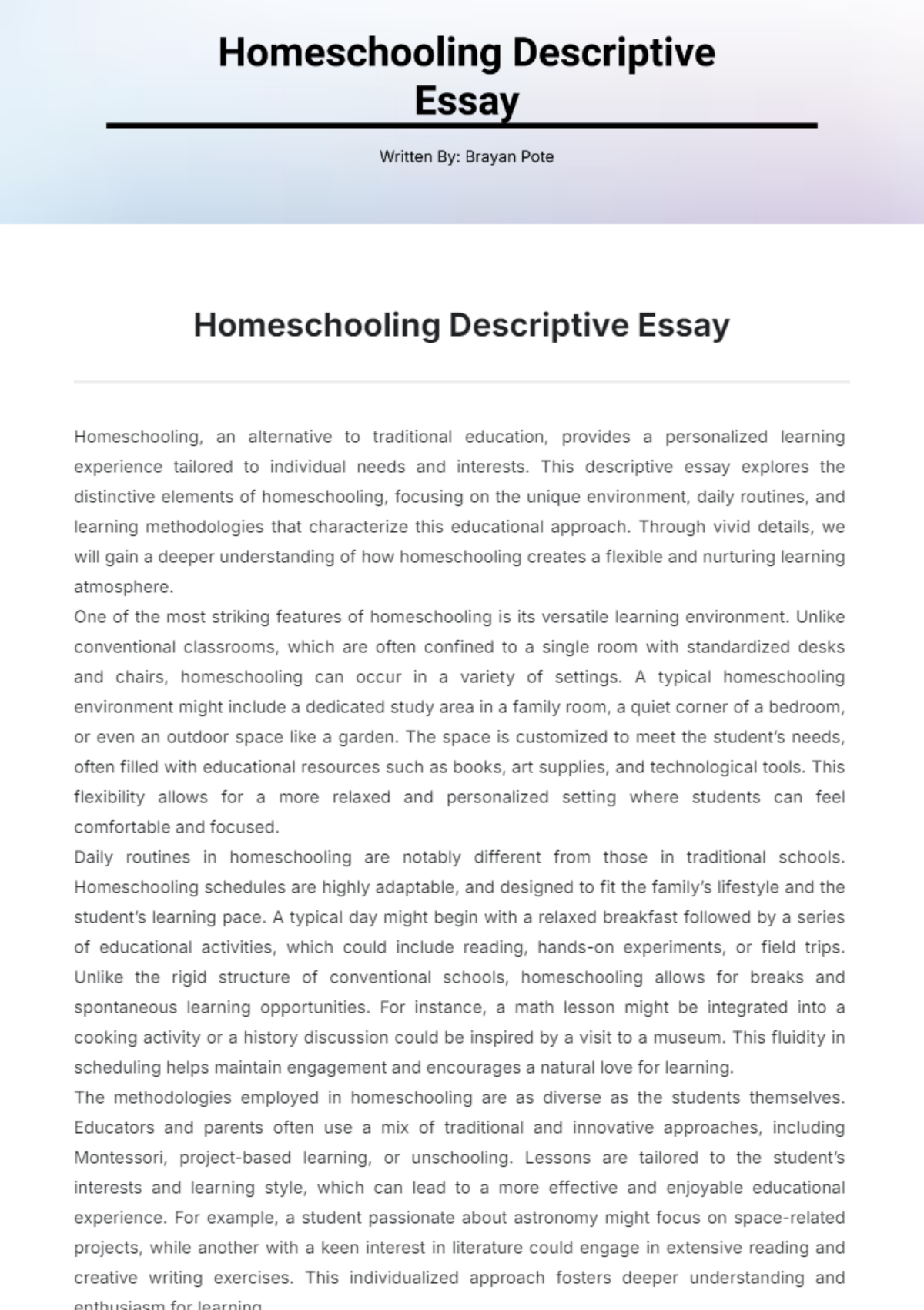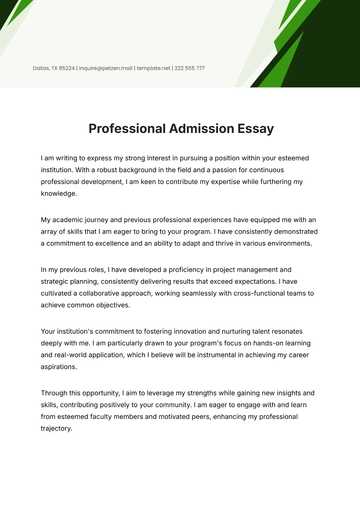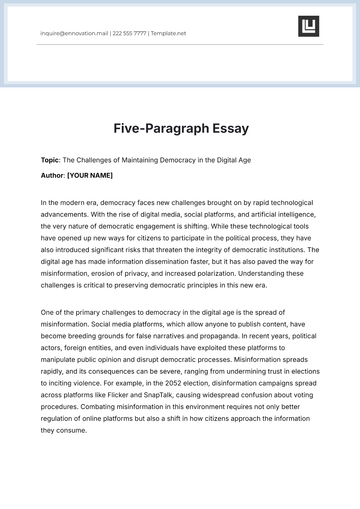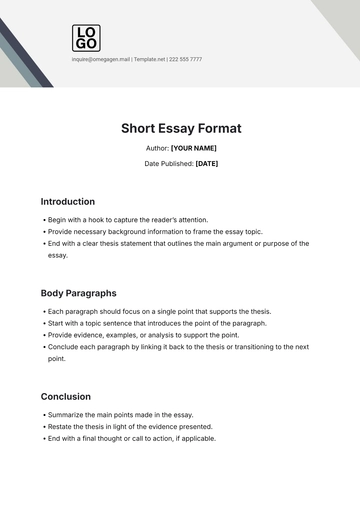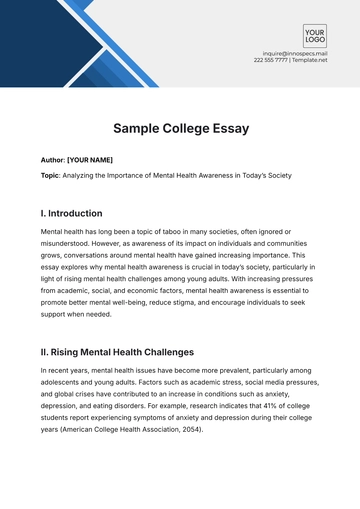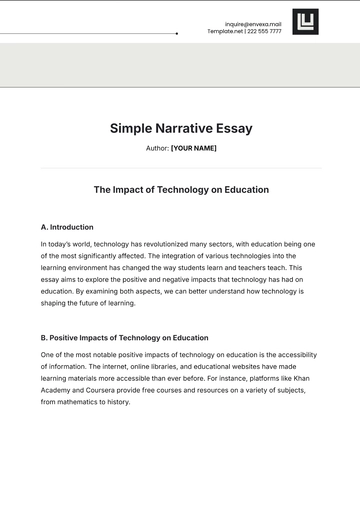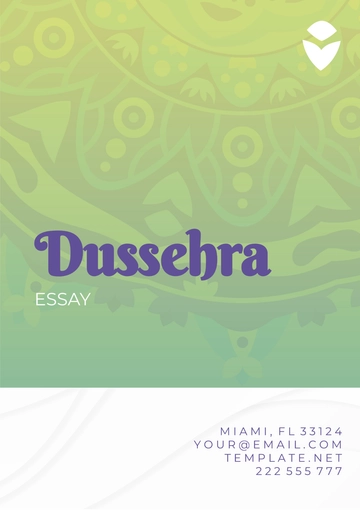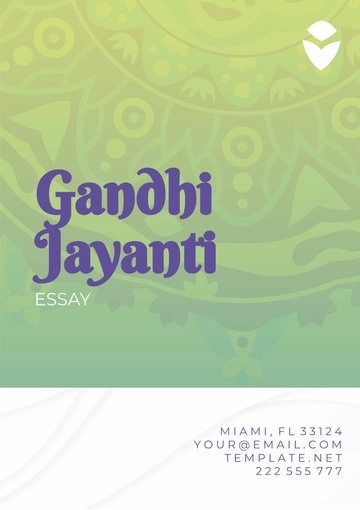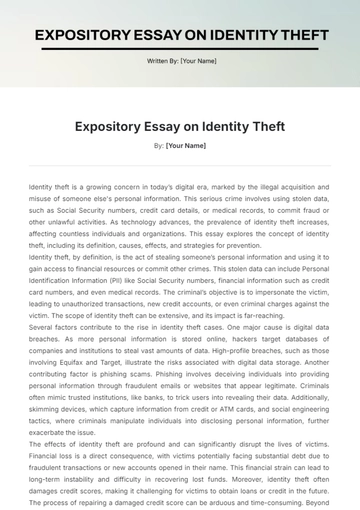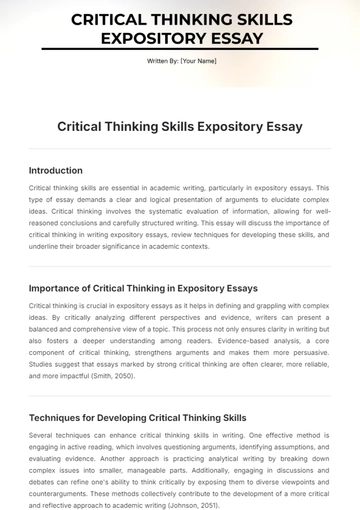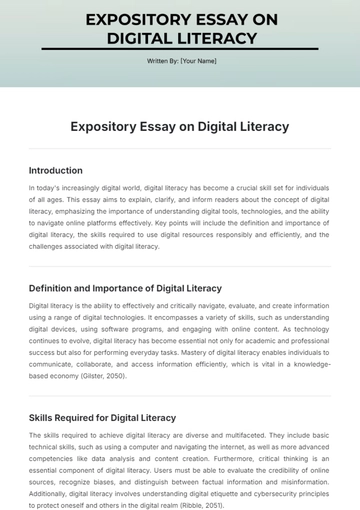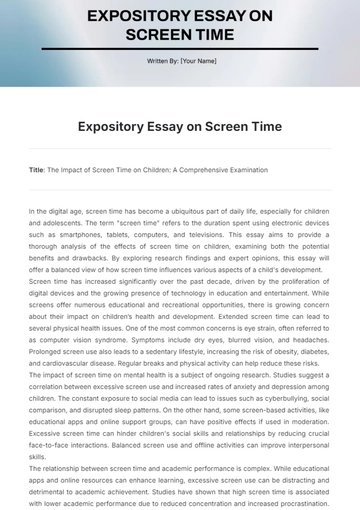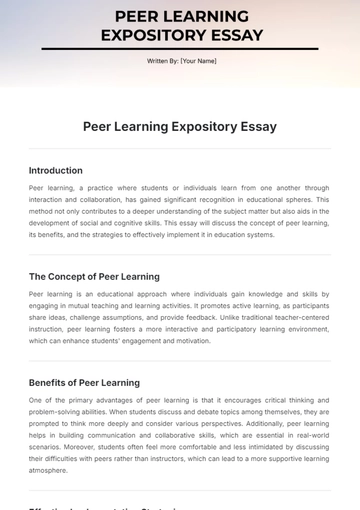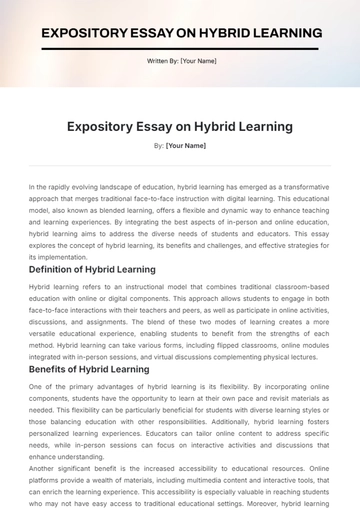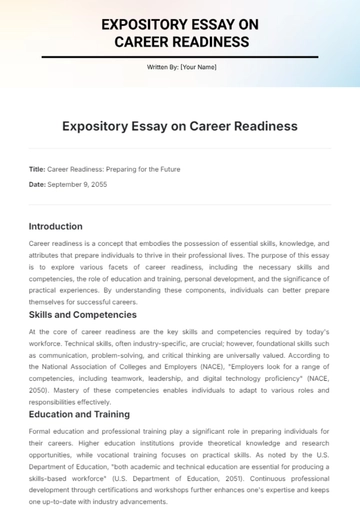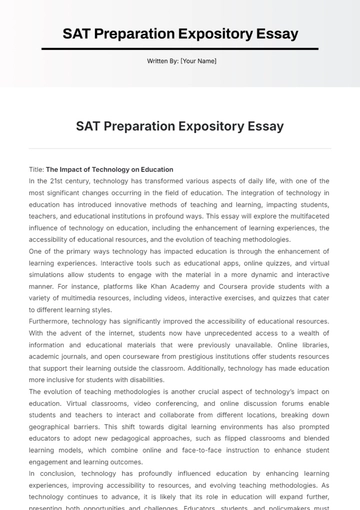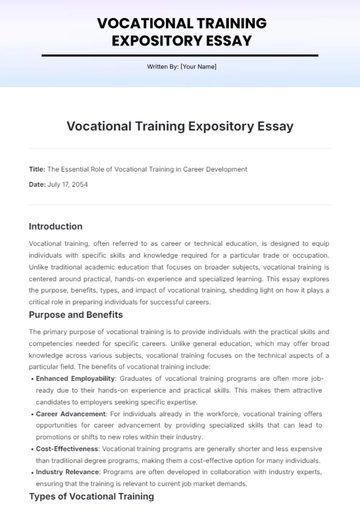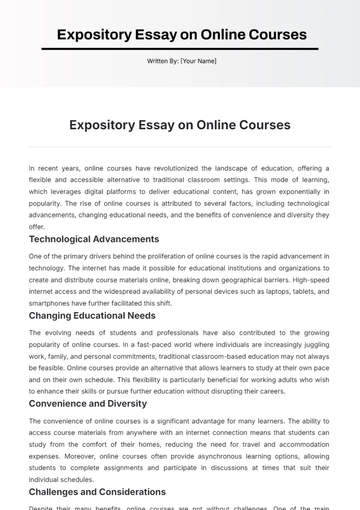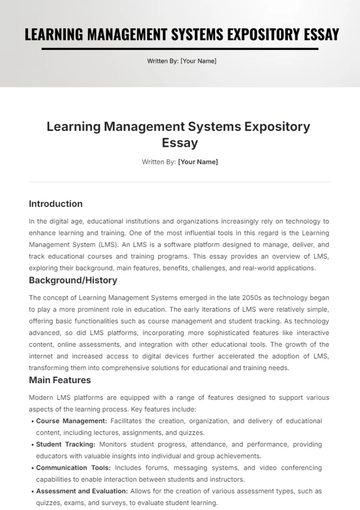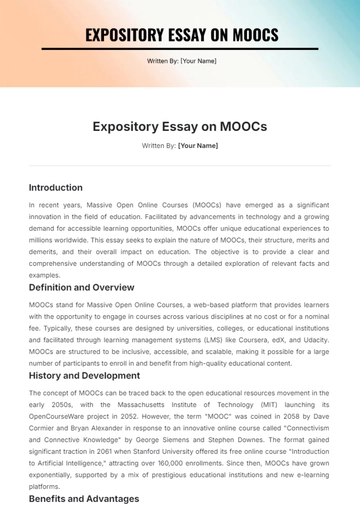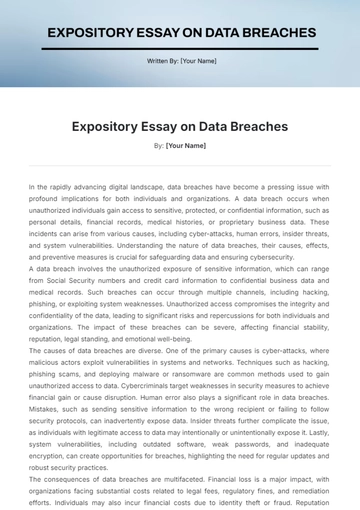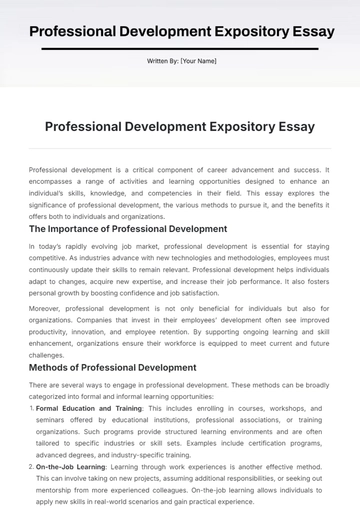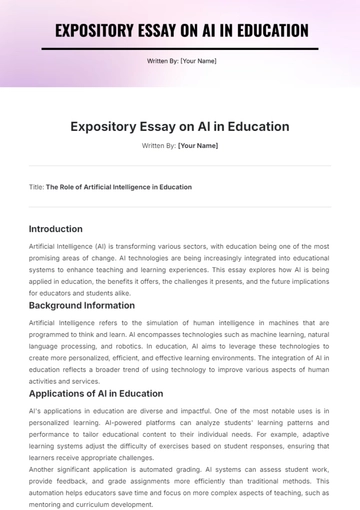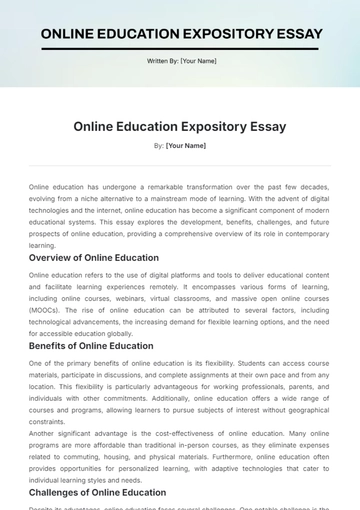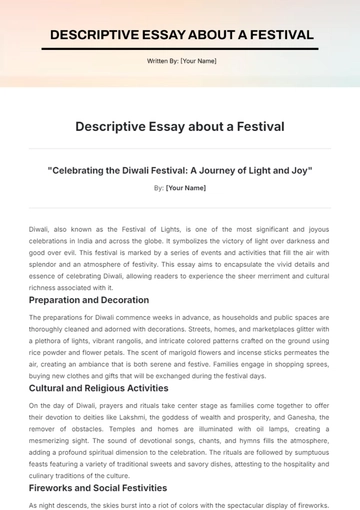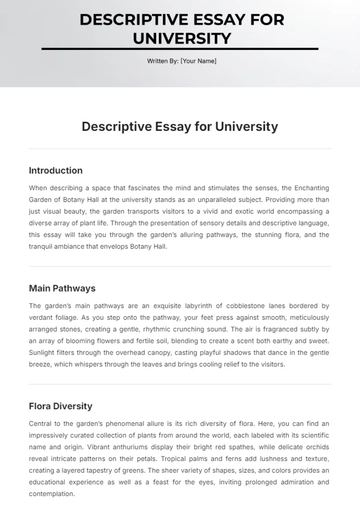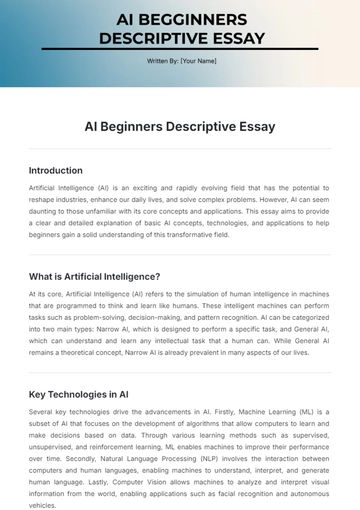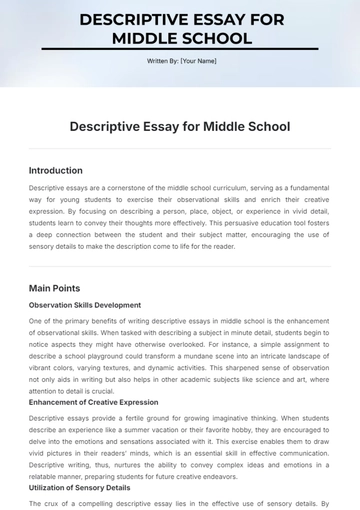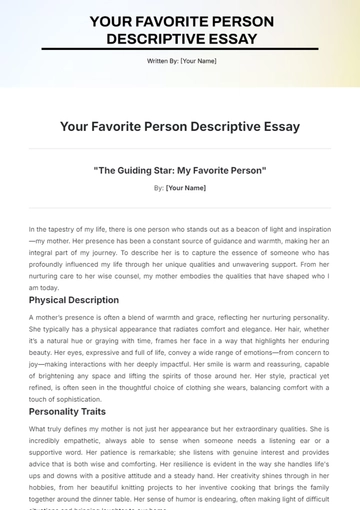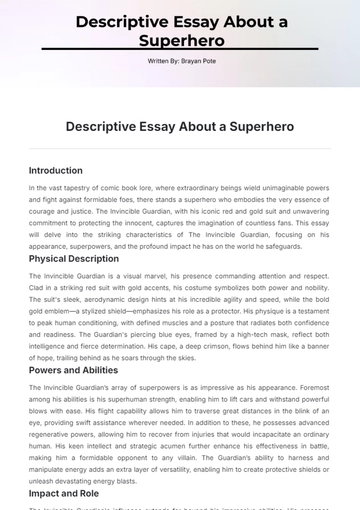Homeschooling Descriptive Essay
Homeschooling, an alternative to traditional education, provides a personalized learning experience tailored to individual needs and interests. This descriptive essay explores the distinctive elements of homeschooling, focusing on the unique environment, daily routines, and learning methodologies that characterize this educational approach. Through vivid details, we will gain a deeper understanding of how homeschooling creates a flexible and nurturing learning atmosphere.
One of the most striking features of homeschooling is its versatile learning environment. Unlike conventional classrooms, which are often confined to a single room with standardized desks and chairs, homeschooling can occur in a variety of settings. A typical homeschooling environment might include a dedicated study area in a family room, a quiet corner of a bedroom, or even an outdoor space like a garden. The space is customized to meet the student’s needs, often filled with educational resources such as books, art supplies, and technological tools. This flexibility allows for a more relaxed and personalized setting where students can feel comfortable and focused.
Daily routines in homeschooling are notably different from those in traditional schools. Homeschooling schedules are highly adaptable, and designed to fit the family’s lifestyle and the student’s learning pace. A typical day might begin with a relaxed breakfast followed by a series of educational activities, which could include reading, hands-on experiments, or field trips. Unlike the rigid structure of conventional schools, homeschooling allows for breaks and spontaneous learning opportunities. For instance, a math lesson might be integrated into a cooking activity or a history discussion could be inspired by a visit to a museum. This fluidity in scheduling helps maintain engagement and encourages a natural love for learning.
The methodologies employed in homeschooling are as diverse as the students themselves. Educators and parents often use a mix of traditional and innovative approaches, including Montessori, project-based learning, or unschooling. Lessons are tailored to the student’s interests and learning style, which can lead to a more effective and enjoyable educational experience. For example, a student passionate about astronomy might focus on space-related projects, while another with a keen interest in literature could engage in extensive reading and creative writing exercises. This individualized approach fosters deeper understanding and enthusiasm for learning.
Homeschooling offers a distinctive educational experience characterized by a customizable learning environment, flexible daily routines, and diverse learning methodologies. By adapting to the needs and interests of each student, homeschooling creates a unique and enriching educational journey. This approach not only supports academic growth but also fosters a lifelong passion for learning, making it a compelling alternative to traditional schooling methods.
Essay Templates @ Template.net
